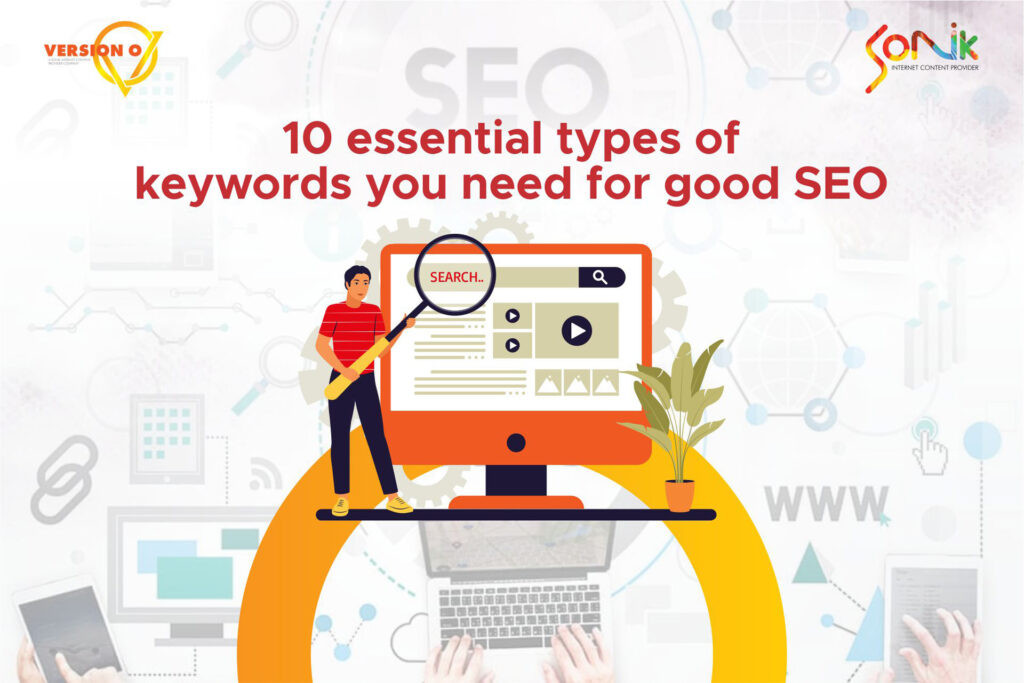It is a widely known fact that good content and SEO go hand-in-hand. The usage of effective SEO content writing is one of the most crucial factors that decides whether your website ends up on the front page of the search results or the 20th.
Why is this important? Because research shows that nearly 70% of all clicks go to the first five organic results on a search page. Just five. Number six to number ten? They get less than 4% of the traffic.1
So you better be in those five lucky results, or you’ll have a drastically smaller chance of netting visitors and converting them.
This brings us to the next point: ranking on the first page alone isn’t enough. You need good SEO content on each page of your website that draws in your customers and convinces them about your services. This is why 75% of SEO experts believe content is the most important aspect of a good website.
Here are a few tips that you can implement in your content marketing strategy which would significantly help in your content optimisation, as well as your SEO.
1. Cater to your audience
This seems easy, yet a lot of content writers fail to implement this effectively. You must ensure that you write content which appeals to your target market and satisfies all their queries.
Remember: The focus shouldn’t be on showcasing your product or service alone. Your content must add value and offer insights about the industry that you operate in.
2. Write captivating headings or headlines
Your page headings or article/blog headlines should immediately attract someone to your website and show Google what that page or blog is about. They must be clear and interesting, with the right keywords used properly.
You must also ensure that your meta descriptions are implemented correctly. These again are important for Google and for your reader. They should be short and catchy, elaborating further on the main topic of your web page.
Remember: The title of your page as well as the meta description show up in the search result, so incorporate them wisely.
3. Write keyword-rich content – but not keyword-stuffed content
Use phrases that are rich in keywords when you write your content. This again teaches both your readers and search engines what your content is about.
However, packing too many keywords into your content will have two negative results: it won’t read well (or worse, it will look desperate), thus turning away your readers. Second, you may incur search engine penalties because of the keyword stuffing.
Remember: If you plan and implement your keyword usage wisely, your content will feel organic and not forced.
4. Use more images
Incorporating images into your web pages or blogs has the ability to create a bigger impact on your content and significantly improve its quality. It will also leave a good impression on your audience.
Most people are visual learners, so content with lots of images will definitely leave a lasting impression on them.
Remember: Even your images need to be optimised properly for the best SEO results.
5. Structured posts
Your high-quality content can be rendered ineffective if it is not structured properly. The first step is to break it up into smaller paragraphs, each with a headline of its own.
This will make your content much easier to read and keep your audience engaged. There are many other types of structuring, but those are slightly more technical. We will be focusing on that in future blogs.
In conclusion, SEO and content writing go hand in hand. Therefore, you must ensure that you implement the right strategy to increase traffic and engagement on your website.
If you liked this article, make sure you check out our previous pieces that focus on on-page SEO tips for SMEs and why SEO became even more crucial during the pandemic.
Check out our website or subscribe to our blog for tricks and tips on content, SEO, and other topics to help your business.
References:
- Zero Limit Web, Organic vs PPC 2020: CTR results





